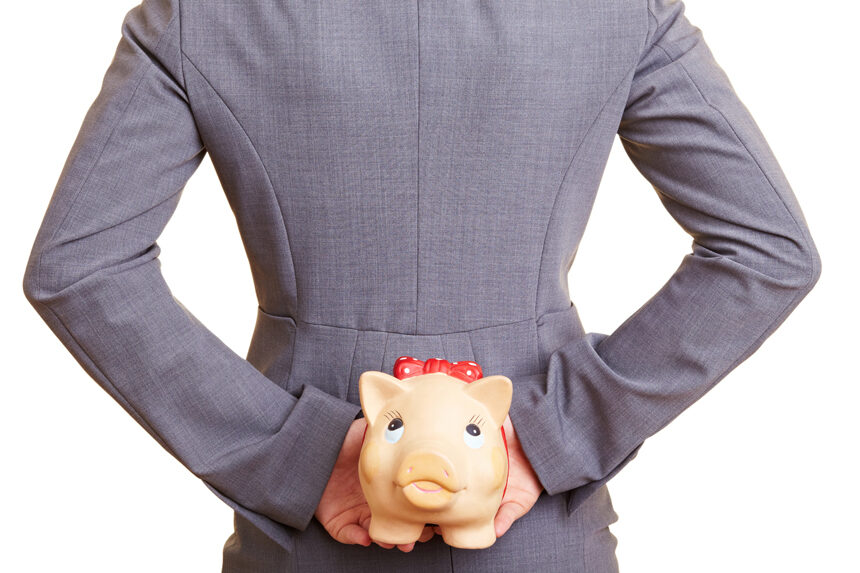Can we count on our fellow citizens to honestly pay their taxes?
It’s a legitimate question in a time of high mistrust in America. Back in 1978, 86 percent of Americans polled by Gallup said they believed other Americans were basically trustworthy. Today, that figure is 55 percent.
But being trustworthy is a broad concept. When Americans answer more specific questions, a different picture emerges. A 2018 Pew survey found 70 percent of people were confident their fellow Americans would obey federal and state laws, 69 percent believed Americans would do what they could to help those in need, and 63 percent were confident Americans honestly reported their full income when paying taxes.
In this last regard, they underestimated their fellow citizens. According to a 2020 study, when 2000 people were asked is they’d ever lied about their tax filings, 94 percent said “no.” To put this into perspective, 25 percent said they’d cheated on a school exam and 20 percent had cheated on a significant other.
A 2017 IRS survey of taxpayers found that 88 percent believed cheating on taxes was totally unacceptable. And 94 percent said that paying taxes was a civic duty.
All these assertions of abiding by tax laws might sound empty when you consider the magnitude of tax fraud. Former IRS Commissioner Charles Rettig said that each year the U.S. loses over $1 trillion in unpaid taxes. But this cheating on taxes is not evenly distributed; Rettig said most of it comes from wealthy taxpayers and large corporations.
Americans are familiar with some of its most infamous tax cheaters. Al Capone didn’t file returns on his illegally gotten gains for years. He ultimately received an 11-year sentence on Alcatraz.
Gangster Dutch Schultz was also indicted for tax evasion, but instead of going to court he went into hiding. When he told other gangsters he wanted to wipe out the district attorney prosecuting his tax case, his fellow mobsters wiped out Schultz instead.
In 1989, when Leona Helmsley was charged with evading $1.2 million in taxes, her housekeeper testified she heard Ms. Helmsley say, “We don’t pay taxes. Only the little people pay taxes.” The remark didn’t help her case. In addition to paying the tax, she was fined an additional $71 million and had to serve 18 months in federal prison.
The largest tax dodge in American history was perpetrated by Walter C. Anderson, who made a fortune buying and selling telecom companies. Charged with burying his money in off-shore accounts, Anderson eventually admitted hiding $365 million in income. He was fined $400 million and sentenced to nine years in prison.
The IRS, despite a reduced staff, still pursues tax cheats. In the past three years, more than 5,000 suspected tax crimes have been investigated. In 2020, the government achieved 593 convictions for tax crimes, which represents .0003 percent of nearly 170 million tax returns filed.
According to study, American citizens have a higher sense of fiscal responsibility than people of several European nations. Consider the “Voluntary Compliance Rate” — an estimate of how much of a year’s taxes will be paid voluntarily and on time. In Italy, it is 62 percent. In Germany, it is 68 percent. In the U.S. it is around 83 percent.
The good news in all of this is that the great majority of Americans are innately honest. The bad news is that just a handful of people are stealing from the rest of us by dodging their taxes.
Become a Saturday Evening Post member and enjoy unlimited access. Subscribe now



